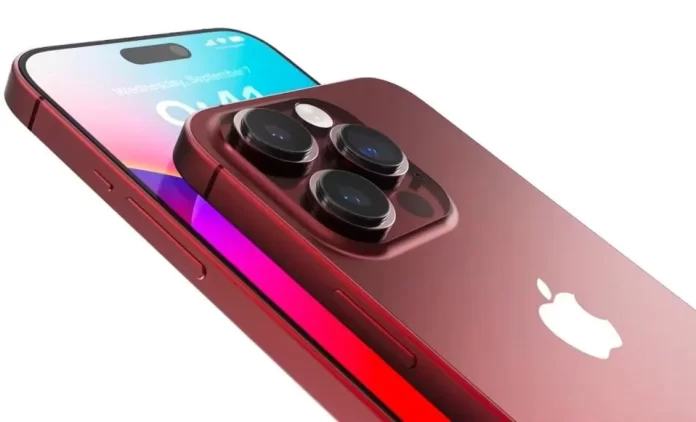Cupertino, California – In a highly anticipated event held in Cupertino, California, tech giant Apple Inc. (AAPL) has revealed its latest product lineup, featuring the iPhone 15 series and the next generation of Apple Watches.
The unveiling has sparked excitement among tech enthusiasts in Nigeria; however, concerns about affordability have arisen due to the high costs, exacerbated by the country’s staggering 24% inflation rate.
The top-tier iPhone 15 Pro Max will have a starting price in Nigerian Naira equivalent to N1.1 million, assuming the current exchange rate of N930/$1.
iPhone 15 Series: Next-Gen Smartphones Take the Stage
Apple introduced four variants of its latest iPhone model: the iPhone 15, iPhone 15 Plus, iPhone 15 Pro, and iPhone 15 Pro Max. The base model, the iPhone 15, starts at $799 (approximately ₦742,270).
Following this is the iPhone 15 Plus, priced at $899 (approximately ₦835,470). On the higher end, the iPhone 15 Pro and iPhone 15 Pro Max start at $999 (approximately ₦928,670) and $1,199 (approximately ₦1,114,920), respectively.
Pre-orders are set to open on September 15, with availability commencing on September 22. Notably, Apple has chosen to maintain relatively consistent pricing across the new models, except for the iPhone Max, which sees a $100 increase compared to last year’s starting price.
This pricing strategy bears significance for Nigerian consumers grappling with the dual challenges of a 24% inflation rate and a black market exchange rate of approximately ₦930/$1.
Apple Watches Join the Lineup
In addition to the iPhones, Apple has expanded its watch offerings with the introduction of the Apple Watch Series 9 and the premium Apple Watch Ultra 2.
The Series 9 is priced at $399 (approximately ₦370,830), while the Ultra 2 starts at a staggering $799 (approximately ₦742,270). A standout feature is the “Double Tap” gesture control, enhancing the device’s utility. These watches also incorporate advanced Siri capabilities for health monitoring, allowing users to track metrics such as sleep and weight.
Furthermore, Apple is taking steps toward sustainability by declaring the Apple Watch Series 9 as its first-ever entirely carbon-neutral product.
The Broader Perspective: iPhones Reflect Economic Shifts
While we admire Apple’s latest technological innovations, it is crucial to consider the broader economic context, particularly the economic changes reflected in iPhone pricing.
A decade ago, a $1,200 iPhone would have cost a Nigerian consumer approximately ₦198,000, based on an exchange rate of ₦165/$1 at the time. Fast forward to today, and a similarly priced iPhone would set consumers back over ₦1,114,920 at the current black market rate of ₦930/$1.
This substantial difference is not just about the iPhone becoming more expensive; it mirrors the significant depreciation of the Naira and the harsh reality of a 24% inflation rate.
For Nigerian consumers, the evolving costs of owning an iPhone serve as a stark reminder of the economic challenges facing the country. Fluctuating exchange rates and soaring inflation affect not only luxury purchases but also the purchasing power of the average Nigerian.
As the nation navigates these economic complexities, the iPhone, once a symbol of innovation and luxury, has inadvertently become an indicator of economic strain. Therefore, while Apple continues to innovate and captivate the world with its products, Nigerian consumers may find that the cost of participating in this technological journey is increasingly prohibitive.

